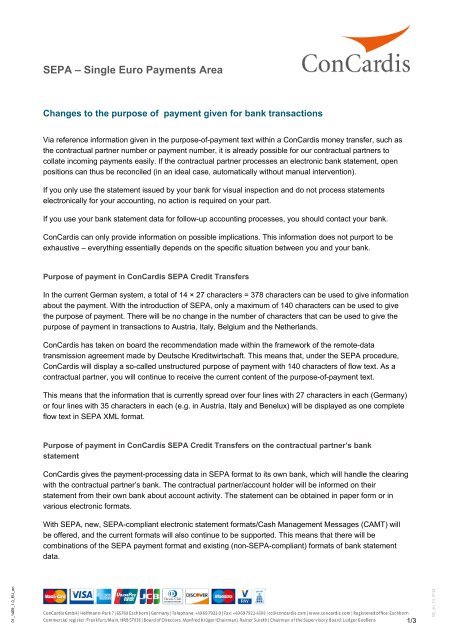
An accountant consultant’s role varies depending on their area of specialization and their clients’ specific needs. For most, this begins with earning a bachelor’s degree in accounting or a related field, such as finance or business administration. Accounting consultants are well-versed in the latest accounting technologies, guiding businesses to adopt advanced software and tools for better efficiency. Yes, an accounting consultant designs and implements effective how to set up quickbooks for a daycare chron com accounting systems tailored to a business’s unique needs, improving accuracy and compliance. They guide businesses in adopting state-of-the-art software and technology, which can enhance operational efficiency and accuracy in financial matters.
Would you prefer to work with a financial professional remotely or in-person?

The survey also compared annual accounting consultant salaries by geographic and metro regions. For example, a CPA consultant’s average salary in New York transaction account City is $106,000 per year, while in Bethesda, MD, the annual salary averages $74,000.
These designations boost one’s credentials and open doors to greater job opportunities and career advancement. Our mission is to empower readers with the most factual and reliable financial information possible to help them make informed decisions for their individual needs. We follow strict ethical journalism practices, which includes presenting unbiased information and citing reliable, attributed resources. The role of an accounting consultant is multifaceted and of paramount importance in the business world. This activity includes adherence to tax laws, financial reporting standards, and other relevant legislation. Their customized approach ensures that every aspect of the organization’s financial functions operates efficiently.
Staff Accountant – Remote
- Your clients pay you for your expertise, knowledge and guidance, and you will likely reap the rewards of that relationship in terms of more business from them and their referrals as well.
- These professionals often operate as financial problem-solvers, addressing any discrepancies and improving the business’s financial health.
- Read our white paper, How to start an accounting advisory business, to learn more about how to become an accounting consultant.
- In addition, prior to the global pandemic, client expectations were already shifting.
Practical experience advising businesses on financial decisions, operational efficiency, and strategic planning can significantly enhance an accountant’s consultancy potential. In business and finance, an accountant consultant is a pillar of strategic guidance and financial wisdom. These individuals hold an in-depth understanding of accounting principles and how to apply them in various business scenarios. Someone on our team will connect you with a financial professional in our network holding the correct designation and expertise.
A bachelor’s degree in accounting or a related field serves as the foundational education, while higher degrees like an MBA or MAcc can provide specialized knowledge. Upholding these principles wins clients’ trust and respect from peers, forming the foundation of a successful career. Finding a specific industry or service to specialize in can help set you apart in the market. Specializations can make your services more appealing to certain clients, often allowing you to command higher fees. Joining professional associations can provide valuable opportunities for networking, mentoring, and ongoing professional development.
Specific periods, like the end of the fiscal year or tax season, can require extended working hours to meet clients’ needs. Business advisory skills are another pivotal aspect of an accountant consultant’s portfolio. These degrees often delve deeper into specialized areas of business and accounting, equipping graduates with refined skills and knowledge. Ask a question about your financial situation providing as much detail as possible.
An ongoing survey by Indeed shows that the average salary for accounting consultants in the United States is $78,960 per year (as of April 2020). Challenges of being an accountant consultant include intense work pressure, long working hours during busy periods, and the need for constant skill upgradation to keep up with changes in regulations and technology. Being an accountant consultant offers advantages such as high demand in the market, the potential for a high income, and exposure to varied and challenging work. Certain skills are vital for anyone seeking success in accountant consultancy.
Do you own a business?
Passion, drive for excellence, leadership, communication skills, and organizational skills – in addition to your knowledge – play a big role in how successful you will be as an accounting consultant. While there are similarities, the primary difference between advisory services and accounting consulting is the length and purpose of the engagement. No matter the timing of your transition to accounting consulting, you will need to plan your new business in advance.
Budget management and financial forecasting are essential for an accounting consultant’s responsibilities. Additionally, they guide businesses in preparing for external audits by conducting pre-audit checks and updating financial records as required. Accounting consultants must conduct exhaustive financial analyses in an era where fiscal responsibility is paramount for all organizations. Hourly rates for accounting consultants range from $27.39 (Tampa, FL) to $44.39 (Washington, D.C.).
The consultant can fill this void and provide high-level advice on financial management. They often carry professional certifications such as Certified Public Accountant (CPA) or Certified Management Accountant (CMA), which are a testament to their competence in the field. These insights enable organizations to make informed decisions and bolster their financial health. These professionals often operate as financial present value of an ordinary annuity table problem-solvers, addressing any discrepancies and improving the business’s financial health.
